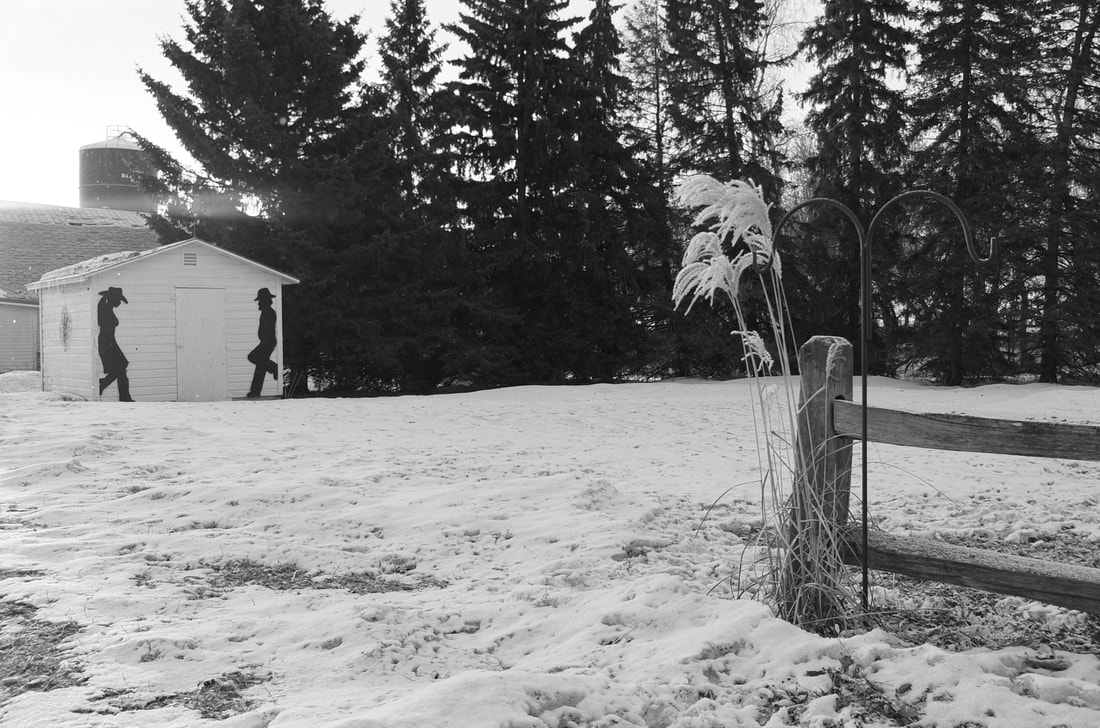|
The rapid spread of the COVID-19 virus has shaken communities and commercial activity around the world, to the very core. Since late February, strict restrictions on human movement both between countries and, now, within communities have been imposed, in the hope of containing the virus and, in one case, of eradicating it. The scale of the impact on lives, social structures and economic activity has yet to be measured, but it will be large, I suspect. The scars will remain tender for some time in many cases. Unsurprisingly, many people have been inventive in response to the situation they now find themselves in. Neighbours are meeting at a distance, and internet traffic has grown exponentially as people have taken up online entertainment options and relied heavily on social media to keep in touch with each other. All of this is to be expected; humans are social beings, after all. The vacuum left from the pausing of economic activity has been filled by creative thinkers and opportunists offering all manner of webinars, 'best practice' check lists and other forms of guidance to help individuals, groups and businesses reconfigure their lives and businesses. The Internet is now awash with them. Some are well-informed and helpful, but most of the ones I've seen are little more than attention-seeking noise. My own work patterns have changed too, mainly as a result of the restrictions on movement now in place. These include using electronic communications tools such as video conferencing in place of in-person board, coaching and other client meetings; and the telephone and email to keep in touch with colleagues and clients. The following points summarise my experiences as I have sought to govern at distance this past month:
One final point. These are my experiences. Some may be familiar, others less so. Regardless, if you have any questions or comments, please get in touch. If you are prepared to add your experiences, as similar or different as they may be, I'd be delighted to hear them and am sure others would be too. Please leave a reply below.
0 Comments
Leave a Reply. |
SearchMusingsThoughts on corporate governance, strategy and boardcraft; our place in the world; and other topics that catch my attention. Categories
All
Archives
May 2024
|
|
Dr. Peter Crow, CMInstD
|
© Copyright 2001-2024 | Terms of use & privacy
|


